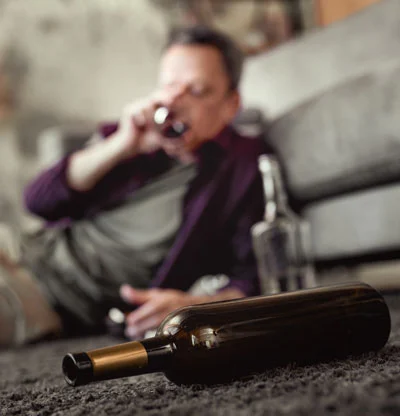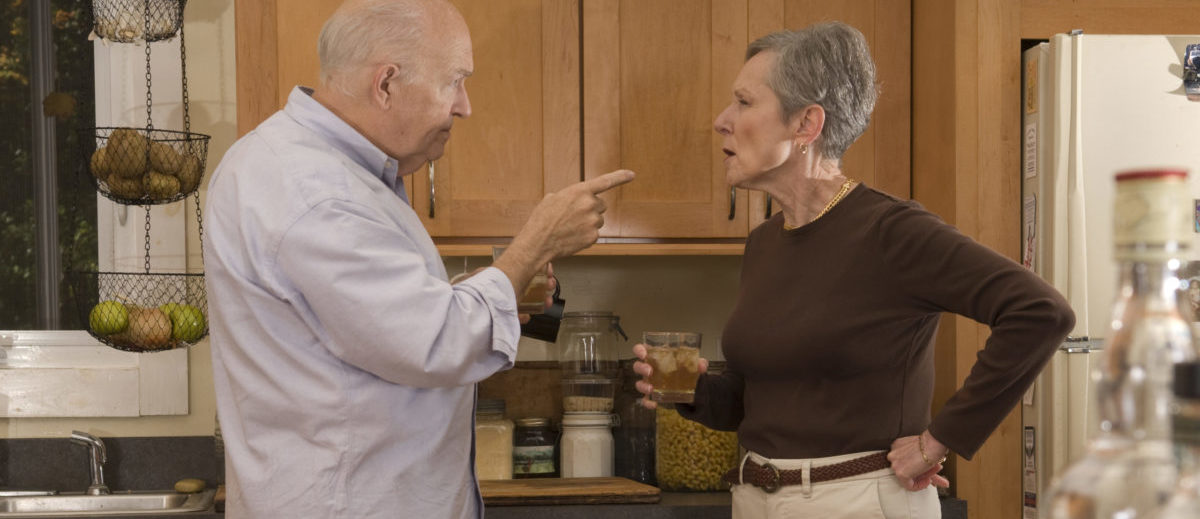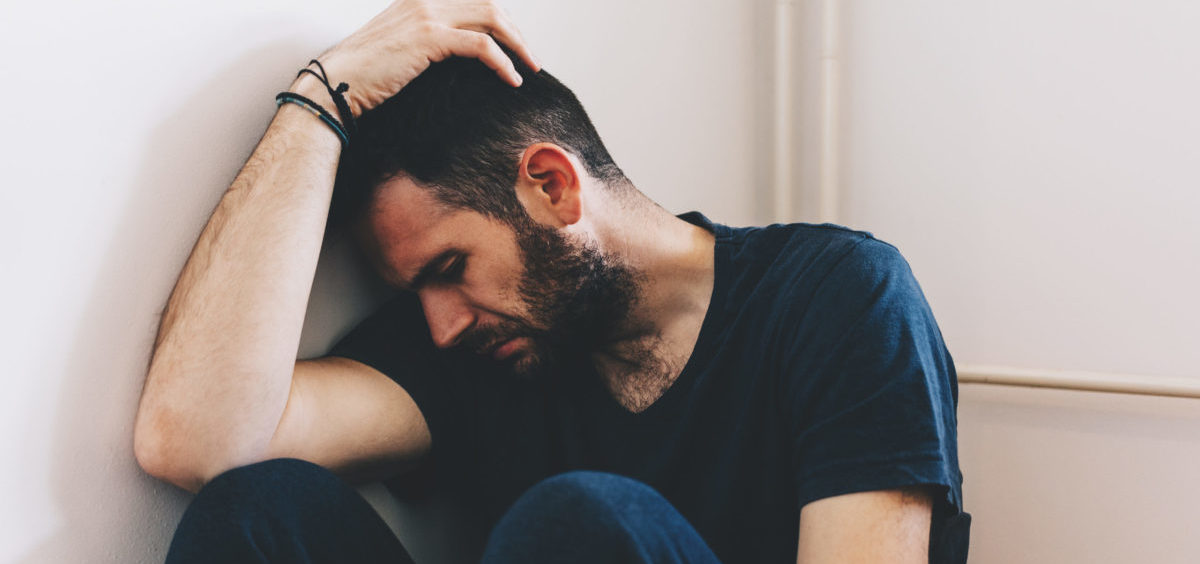Addictions can be either physical or psychological. When a person is addicted to a drug, both of these subtypes of addiction are present. Psychological habits come from the impact that substances may have on the brain. Typically, they deal with the reward center of the brain. In many cases of addictive substances, the drug produces a massive amount of dopamine that leads to feelings of euphoria or pleasure.
The Role of Dopamine in Psychological Dependence
Unfortunately, the dopamine flood has some severe impacts on the brain’s structure. Over time, the brain changes to make it impossible to have regular feelings of accomplishment. The mental desire for the drug becomes too much to avoid, and eventually, the person gives in to the feeling.
Sometimes, the psychological component of addiction might be both pleasure-seeking and avoiding returning to the real world. Many people who use recreational drugs do so as an escape from reality. Because they use the substance this way, they feel less of a draw to return to the real world and keep using it as a means of permanent escape. This approach can be dangerous and lead to overdosing if the user isn’t careful.
Physical vs Psychological Addictions
As mentioned before, addictions can be both physical and psychological. Physical addiction is based on the physical need for a drug to be present in the body. Because it’s not used to the sheer volume of dopamine that a drug’s high generates, the brain will rewire itself to deal with it. As a side effect, the brain retools itself to be unable to function if the drug isn’t present in the bloodstream. This situation is a physical addiction, where the brain’s structure has changed to accommodate the drug.
Psychological addiction doesn’t rely on the body. The brain is a powerful organ, and when it wants something, it creates urges in a person. Psychological dependence comes from the brain wanting more of a substance. This situation may arise because the brain wants its pleasure centers to function or escape reality. The urges formed can be compelling and hard to ignore in either case.
What Is Psychological Dependence?
Psychological dependence is when the brain becomes attached to a substance through emotions or feelings. Mental dependence doesn’t show the same sort of effects as physical dependence. However, that doesn’t reduce their impact on their wants and needs. The brain’s pleasure center is the core of these psychological addictions. Because many of these drugs make it impossible to feel regular feelings of accomplishment anymore, the brain becomes depressed when it doesn’t get the chronic stimulation from them.
Part of the impetus to keep using the drug is to recover those feelings of euphoria that the brain was chasing initially. The dependence on that feeling of joy keeps the user coming back for more. The brain’s normal dopamine response can’t provide the emotions that the brain’s pleasure center needs anymore because of tolerance. This tolerance comes from the massive dopamine flood discussed earlier. The more dopamine within the brain, the more it needs to get the same feelings of pleasure.
How Does Psychological Addiction Happen?

Psychological addiction is the exact mechanism a person uses to ingrain habits into their daily schedule. When a person does something consistently over time, their body starts rewarding them with small shots of dopamine to the brain. The minor doses of dopamine are usually enough to get the brain’s pleasure centers working and feeling satisfied.
The body, detecting that doing a particular thing gives a reward, continues setting up times to do that thing, establishing a habit. Habits don’t necessarily have to be bad. Some of them, such as exercising regularly or taking breaks from work, are healthy and necessary parts of restoring balance to life.
Unfortunately, using drugs short-circuits the reward pathway and drives the brain into a spiral of uncertainty. The amount of dopamine that even the mildest drug generates is far more than what the brain can deal with usually. Once it’s had this taste of pleasure, it can’t go back to the tiny allowances it would typically get. The result is psychological addiction.
What are the Underlying Causes of Psychological Addiction?
What causes a person to become mentally addicted to a substance? The mental draw of a substance may be due to the feelings it produces when it’s in the body. However, this isn’t the only reason for developing psychological dependence.
Some studies have suggested that certain people get a positive reaction from doing a particular drug. The response here is simple – they enjoy the feeling, so they do the drug. However, in some cases, it might not even be about the emotions that the drug generates when it’s in the person’s body.
Other researchers have found that some people do drugs because of nostalgia. In many cases, people started doing drugs when they were younger and associated it with having a good time or going to a party. Because of their feelings rooted in the past, these individuals are more likely to do drugs.
In a few cases, people use drugs as a tool to cope with their reality. Just like some people read, others use drugs to help them imagine themselves away from their surroundings. Also, psychological dependence can take hold as the outside world gets more unforgiving. The fantasy world that the drugs introduce them to becomes where they want to spend most of their time.
What Substances Cause Psychological Addictions?
Most substances can cause psychological addiction. Some substances may only cause psychological dependence and have no physically addictive properties. While almost any substance can result in psychological addiction, a few stand out as the most addictive from a mental standpoint. Among them are:
- Cannabis
- Psychotropic medication, including depressants
- Stimulants, like cocaine and Ritalin
- Hallucinogens like LSD
- Inhalants
Many of these substances also have a physical addiction component that goes along with psychological addiction. It’s not a simple process to understand how a person becomes psychologically addicted to a substance or whether they are more mentally or physically addicted to it.
How Does Addiction Affect the Brain?
As most people would know, addiction is a brain disease that results from making bad decisions regarding sourcing a drug and using it. These decisions are illogical and don’t make sense to someone who understands the user. Even the person making the decisions isn’t sure why they’re doing it.
Addiction’s effect on the brain makes it less aware of the world around it. It encourages tunnel-vision – forcing the person to focus on a single goal and ignore all the other things that might happen during their quest to achieve it.
The brain’s physical structure also changes because of addiction. Physical addiction stems from a condition known as dependence. As mentioned above, the brain rewires itself around the massive floods of dopamine that the drugs introduce. This rewiring leads to an inability to function without the drug.
Dependence is the fuel for psychological addiction as well. When a person becomes dependent, their urges and cravings center on getting the drug at any cost, including facing jail time or death. The psychological blocks that would stop these behaviors become eroded, leading the person down a dangerous path that may eventually claim their lives.
Withdrawal From Psychological Addictions

Withdrawal is a crucial part of addiction recovery. Going through withdrawal breaks the body’s dependence on a drug, but it can also give users agency in their decisions again. Detoxification is a method of controlled withdrawal that most rehab facilities use to help their patients overcome their addiction.
Unfortunately, withdrawal can have some severe symptoms. These symptoms may ramp up in intensity the longer a person avoids the substance. Among the typical psychological responses to withdrawal are:
- Cravings
- Change in sleep patterns or incidences of insomnia
- Obsessing over the substance or romanticizing its use
- Mood swings
- Inability to concentrate
- Poor judgment
- Depression
- Anxiety when considering stopping the use of the substance
- Irritability or restlessness
- Denial of a substance abuse problem
These psychological responses are in addition to the physical reactions a person may have from a drug. The psychological responses work alongside the physical withdrawal symptoms to push a person back into using the substance, even though they know it’s not in their best interest.
Supervised withdrawal in detox facilities is the best way to overcome withdrawal. Staff at those facilities can help in case there’s a medical emergency. These facilities are also excellent at preventing people from succumbing to their urges and relapsing. Withdrawal sets the stage for further treatment.
Can Rehab Help with Psychological Addictions?

Rehab centers offer many solutions for psychological addiction. As mentioned before, many rehab centers have detox facilities that can aid in breaking the physical dependence a person might have on a substance.
However, physical addiction isn’t the only thing that detox addresses. Psychological addiction can be dealt with partially in detox. The real power of detox is allowing a person to proceed to in-depth therapy to deal with their psychological dependence on a substance. If they are still physically dependent on the substance, there’s no way they can succeed in overcoming the psychological dependence on it.
Behavioral Health Treatment for Psychological Addictions
Behavioral therapies have shown a lot of promise in helping patients overcome their psychological urges to use a drug. These therapies focus on giving the individual tools to spot when their thoughts are impacting their actions. The goal is to spot the negative thoughts that lead to negative actions early to avoid them.
Cognitive Behavioral Therapy (CBT) has become one of the best ways to deal with psychological addiction over the long term. Other behavioral therapies may also contribute to overcoming psychological addiction. However, this requires constant work, even after in-facility treatment has ended.
Many people believe that they’re clean of the substance when they’re finished their three-month stay in a rehab facility. Unfortunately, that isn’t true. Rehab centers address the problem of overcoming the most pressing symptoms of addiction. Over the long term, psychological urges may persist, potentially risking falling back into their old habits of use.
CBT can be helpful in these situations, giving a person the tools they need to overcome their psychological addiction. Recovery is only truly complete when a person no longer has these urges to use the substance. This final point may take years to get to, but it’s worth the time spent getting there.
Treatment For Psychological Addiction or Dependence
Best Rehabs In Arizona Recovery has dealt with both physical and psychological addiction. Our rehab centers have dedicated detox facilities, but we also provide long-term support for recovering persons in the form of therapy. Our trained staff are knowledgeable in treating psychological addiction and can advise you on the best approach for you.
If you’re unsure whether you can overcome your addiction, come see us. Our doors are always open, and we’re willing to listen and help. Contact Best Rehabs In Arizona today to schedule your first visit and experience our approach to overcoming addiction.




 some people, but I was determined to not go back to that pattern. I needed to be alone for a while to fix myself so that I didn’t need to go right back to couples therapy when I began a new relationship. This was a huge thing for me to realize.
some people, but I was determined to not go back to that pattern. I needed to be alone for a while to fix myself so that I didn’t need to go right back to couples therapy when I began a new relationship. This was a huge thing for me to realize.





